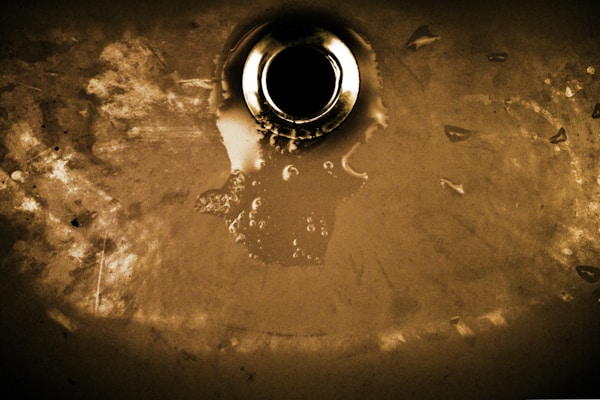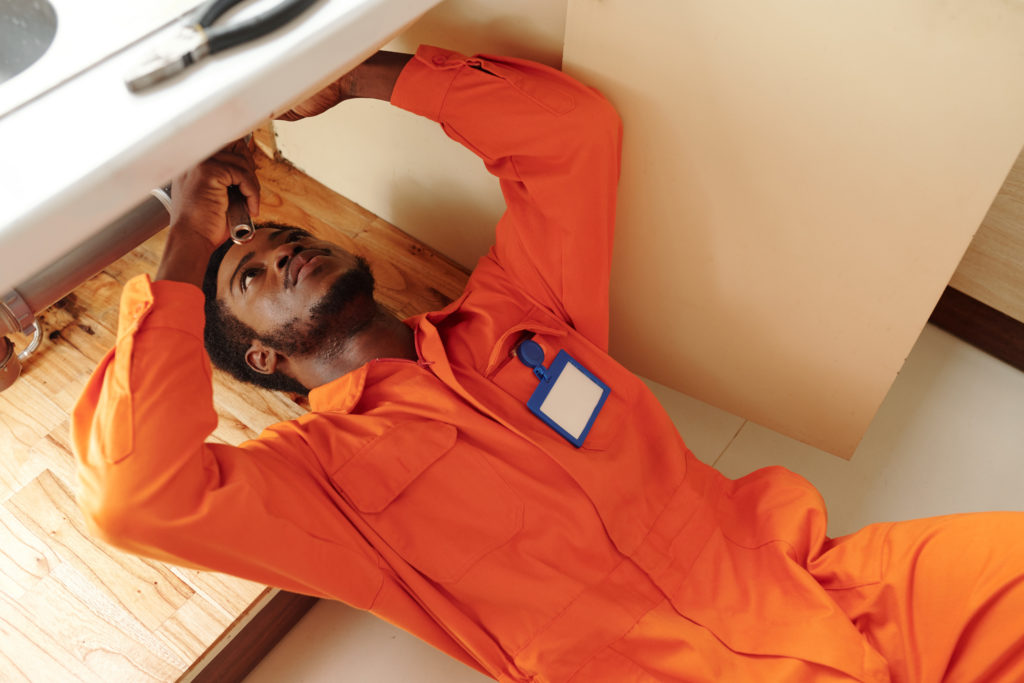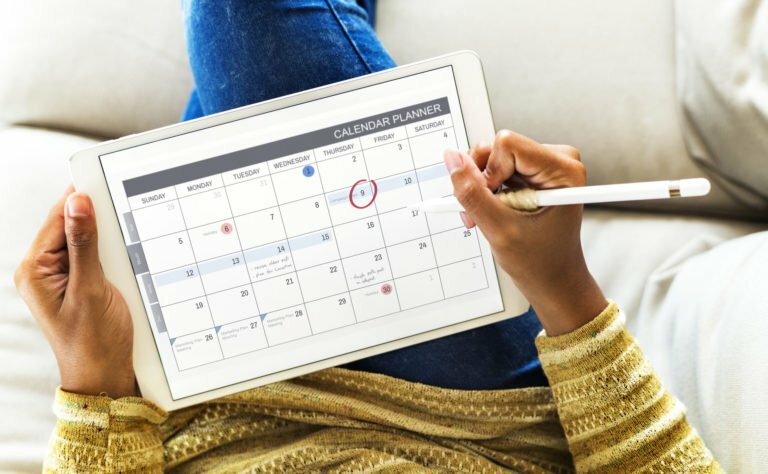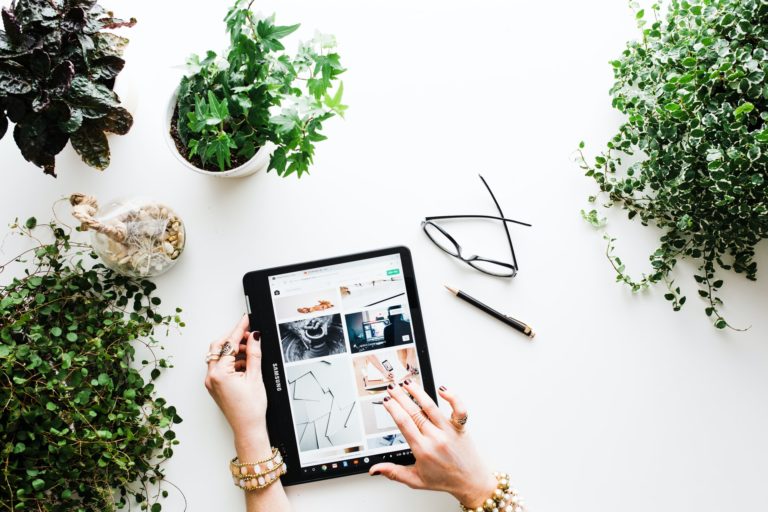Clogged drains can be a real pain—especially on your wallet. To ensure the health of your plumbing system and avoid costly visits from a plumber, it’s important to know how to prevent clogs from happening in the first place. Below, we’ll share some tips for preventing clogged drains in your home.
Clean and flush your drains regularly.

Clog prevention begins with regular drain cleaning. Hair is one of the most common causes of clogs in bathroom sinks and showers, so removing it can help to keep your drain lines clear. You can clean hair from the drains by using a drain cleaner or a plumbing snake. If you have a lot of hair build-up in your drain, you may need to use a plumber’s snake to clear it. Be sure to follow the directions on the snake carefully, and always wear gloves when using it. You should also consider getting a hair catcher or screen to place over your shower drain.
It’s also important to flush your drain lines regularly with hot water and vinegar or baking soda. This will help keep them clear and functioning properly. You can also place a screen over the drain to catch any debris that may be causing the clog. If you have a clog, use a plunger to try and dislodge it before calling a plumber.
Don’t put food waste or grease in the kitchen drain.
When it comes to your kitchen drains, putting grease or food waste down them is a big no-no. Not only can this cause serious plumbing problems down the road, but it’s also a major contributor to clogged drains.
Grease and food waste can coat the inside of your kitchen drains, creating a perfect environment for clogs to form. Over time, this grease and gunk can harden, making it even more difficult for water to flow through. This can lead to serious drainage issues and even sewer backups.
In addition to being a major drain clogger, grease and food waste can also be bad for the environment. When these substances end up in our waterways, they can cause serious pollution and harm aquatic life.
Don’t flush personal care products down the toilet.
Most people know that they should not flush certain items down the toilet—like paper towels, napkins, and food waste. However, many people do not realize that personal care products—like dental floss, tampons, and maxi pads—should not be flushed either.
Flushing personal care products can cause several problems. For one, it can clog the sewer system. Additionally, some of these products can release harmful chemicals into the environment that contaminate water supplies and harm aquatic life.
Follow these tips to clear stubborn clogs on your own.

If you do find yourself dealing with a clog, there are several things you can try to clear it yourself before calling a plumber. One method is to pour boiling water down the drain, which can help loosen debris. Hot water also dissolves grease build-up, making it more useful for kitchen drains.
The easiest way to unclog a drain is to use a plunger. Place the plunger over the opening, making sure the cup is completely covering the drain. Push and pull the plunger up and down, creating a seal with the drain. After a few seconds, release the plunger and see if the water has cleared. If it hasn’t, repeat the process.
Another method for clearing clogged drain lines is to use a cable auger. This is a tool that looks like a metal snake. Feed the snake into the drain and twist the handle to push and pull the snake through the line. If the clog is close to the drain opening, the snake will dislodge it and the water will flow freely. If the clog is further down the drain, the snake may not be able to reach it.
The best way to prevent clogs is to be aware of what causes them in the first place and take steps to avoid them.





